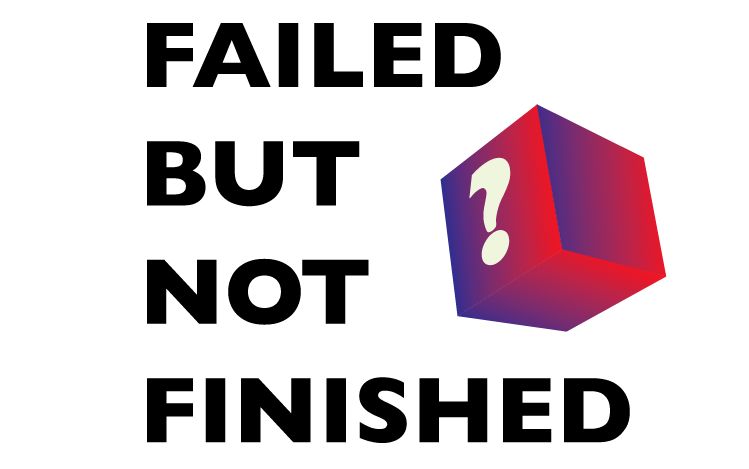Failed but not finished: Dealing with the social stigma of entrepreneurial failure

Search the word ‘stigma’ in the dictionary and the definition is less than appealing: “A mark of disgrace; a stain or reproach”. Rarely is it used to describe startups or ventures, but its importance to understanding the nature of failure has been a focus of study for AUT management lecturer Dr Smita Singh. She’s found there is a particular stigma prevalent among entrepreneurs, which she calls “the stigma of failure”.
 From interviews with dozens of entrepreneurs, Dr Singh has heard countless stories of loss and fear that have resulted from the social stigma of failure. Rather than these impacts remaining localised within the venture, entrepreneurs have often tended to perceive failure in a highly personalised way. “One entrepreneur said she didn’t feel attractive anymore,” says Singh. “She stopped dating after bankruptcy because there were such deep and personal implications of being judged as a failure.”
From interviews with dozens of entrepreneurs, Dr Singh has heard countless stories of loss and fear that have resulted from the social stigma of failure. Rather than these impacts remaining localised within the venture, entrepreneurs have often tended to perceive failure in a highly personalised way. “One entrepreneur said she didn’t feel attractive anymore,” says Singh. “She stopped dating after bankruptcy because there were such deep and personal implications of being judged as a failure.”
Another entrepreneur whose venture failed didn’t talk to his wife openly about it for almost 20 years. “The interview he had with me was the first time that he really opened up about it,” she says.
And the stigma of failure doesn’t just stop there, it can spread far and wide into other aspects of the entrepreneur’s life. “Typically, the venture is their main source of income, so that means their families are also depending on that venture. If it’s not there anymore, you can start blaming yourself as a failed parent, life partner, or friend. The sense of failure is not just restricted to the venture.”

Furthermore, there’s a sense that a failed venture equals a failed entrepreneur, with many viewing failure as a reflection of one’s own character or competence. But, Singh says the nature of failure is far more complex. “If you look around, it’s not like ventures are only failing because entrepreneurs are making certain decisions,” she says. “Failures can happen for reasons that are not in our control.”
Dr Singh insists that the best method to deal with business failure is to use it to build personal resilience. “We know resilience is not this extraordinary trait that some have and some don’t. Researchers now understand that resilience is a developable capacity. We need to think about entrepreneurial resilience as something that develops on a day-to-day basis. Entrepreneurs are juggling a number of things and they seem to have dropped one ball, which is the venture failing. But there are other balls that they have to still juggle with. For example, they’re still trying to tie up loose ends such as the legal obligations of the failed venture, or they have to find other sources of income to support their family. So, part of resilience is about entrepreneurs finding that emotional strength and motivation to juggle these balls on a day-to-day basis.”
One surprising finding from the study within the hidden cost of failure were the health implications: mental illness, phobias, and hospitalisation. “Somehow, with all the long hours entrepreneurs put into their businesses, health needs to be a higher priority,” she says. “The core of resilience is also looking after yourself and the ones who are able to show these signs of stable functioning are the ones who are beginning to learn and pay attention to their emotional and physical wellbeing. One can’t go around trying to sort out all these problems if you’re not actually considering your health and your body and mind is screaming for a break.”
Essentially, we need a space where we can discuss both the destruction and opportunity that failure brings with it and make failure more well-accepted as a normal occurrence in entrepreneurship. We need to open up and start talking about failure.






